
Deigant Yadava
Hi, I'm Deigant, a passionate and results-driven Computer Science professional with a strong background in software development and a focus on cutting-edge technologies. With a Master's degree in Computer Science from Carnegie Mellon University and experience working at top tech companies like Amazon, I am dedicated to solving complex problems and pushing the boundaries of innovation.
Throughout my academic journey, I have gained expertise in deep learning, computer vision, and natural language processing. I have successfully completed projects such as developing conversational agents, question answering systems, and computer vision models. My experience as a Teaching Assistant at Carnegie Mellon University has enhanced my communication and leadership skills, allowing me to effectively mentor and guide others.
I am driven by a passion for technology and a desire to make a positive impact. I thrive in dynamic and collaborative environments, where I can contribute my technical expertise and problem-solving skills to drive innovation and deliver high-quality solutions. I am continuously learning and exploring new advancements in the field to stay at the forefront of technology.
Thank you for visiting my website. I am excited about the opportunity to collaborate on projects that challenge me and contribute to the advancement of technology. Let's connect and explore how we can create amazing things together.You can reach out to me via LinkedIn or Email (deigant1998@gmail.com).
Interests
- Building end-to-end applications by taking ownership of the complete software development lifecycle.
- Developing intelligent agents that leverage data from multiple modalities such as language or vision to tackle complex tasks and find innovative solutions.
- Integrating diverse technologies to create end-to-end software solutions, including applications that harness the power of intelligent agents working with multimodal data.
Projects
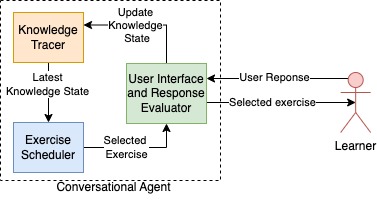
A Conversational Agent to Aid Human Language Learning
Jan 2023 - Present
Developing an adaptive reinforcement learning based agent that can help humans learn a new language by conversing with the agent.
The agent consists of a knowledge tracing model, that will develop a representation of the current skill level of the user, and a conversation generator that will develop conversations with the user based on the knowledge representation.
View Details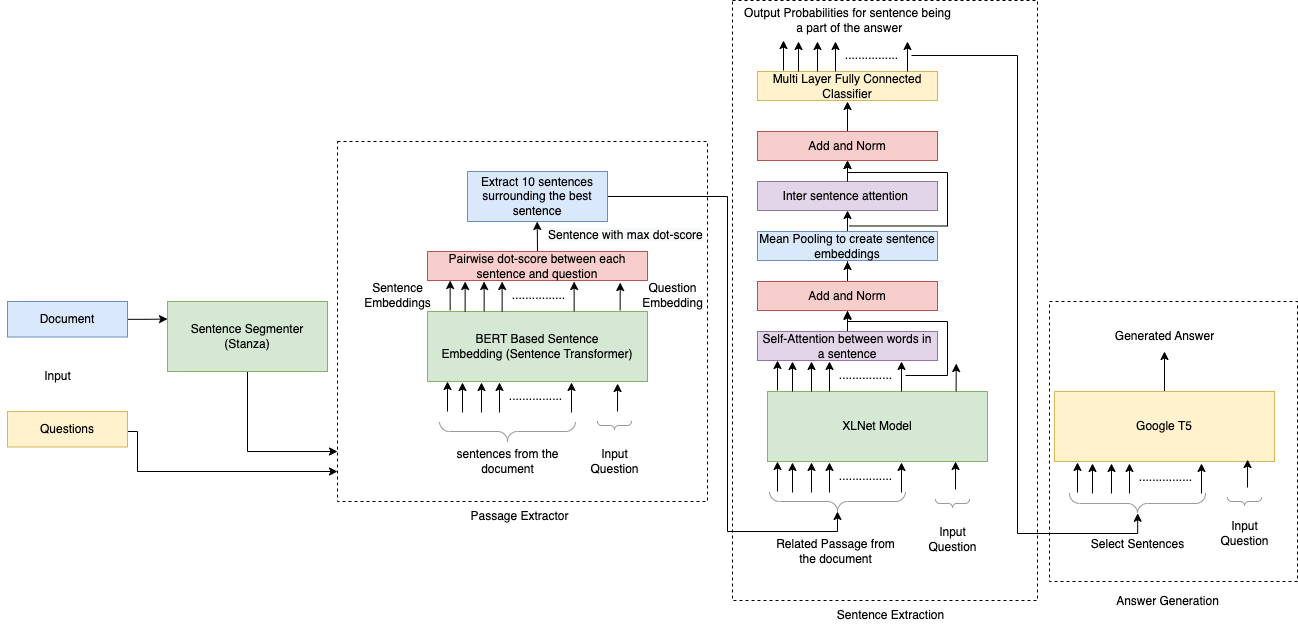
Question Answering and Generation using Language Models
Sept. 2022 - Dec. 2022
Created two distinct systems capable of providing answers to questions and generating new questions based on a given Wikipedia article.
Implemented a structured pipeline for each system, utilizing custom transformer models built upon XLNet, BERT, and T5 base models at every stage.
View DetailsExperience
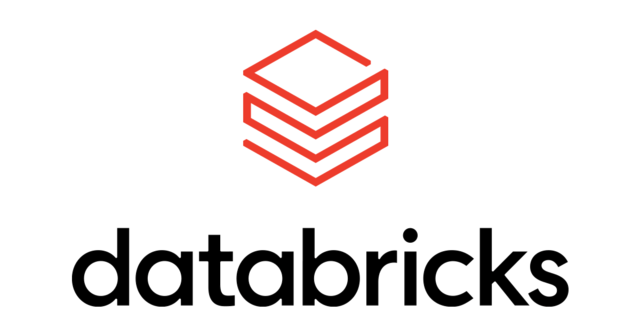
Databricks, Mountain View, CA
Software Engineer
Jan 2024 - Present
- Optimized the internal Kafka producer infrastructure through performance profiling and bottleneck elimination in the producer proxy micro-service, tripling per-pod throughput and reducing costs by ∼50%. Implemented client-side optimizations to resolve “Out of Memory” errors in resource-constrained environments.
- Designed and implemented a scalable data warehousing pipeline for SQL databases using Apache Spark and Delta Lake. Developed a solution to capture database snapshots and stream change events into Delta tables, helping ensure the reliable replication of production data. Achieved a 6-hour data freshness SLA with 100% data completeness, supported by comprehensive monitoring and alerting mechanisms.
- Designed and implemented a Kafka-based push notification system for a new MySQL storage abstraction, enabling real-time delivery of data change events to downstream consumers.

Carnegie Mellon University, Pittsburgh, PA
Teaching Assistant, Distributed Systems (15-440/640)
Jan 2023 - May 2023, Aug 2023 – Dec 2023
- Provided student support through one-on-one office hours and recitation sessions to ensure the clarity of course content, problem sets, as well as projects.
- Assisted faculty members in developing problem sets/assignments for the course as well as grading the problem sets and projects, providing detailed feedback to the students.

Amazon, Chennai, India
Software Development Engineer 2
July 2019 - July 2022
- End to End Encryption Platform: Led the design of a comprehensive cloud architecture for an end-to-end encryption platform, overseeing the creation and deployment of three new microservices in AWS.
- Infrastructure Modernization: Successfully migrated numerous on-premises services, which processed approximately 1 million transactions per second, to leverage the latest AWS technologies, resulting in infrastructure modernization.
- Data Replication Framework: Devised and implemented a versatile cross-regional data replication and verification algorithm for NoSQL databases, enhancing service availability and introducing redundancy through a data replication framework.

Citrix Systems, Bangalore, India
Software Development Engineer Intern
Jan 2019 - June 2019
- Developed the Alerting feature for Citrix Director, enabling customers to monitor and manage their deployed Citrix Virtual Machines. The webpage allowed users to set up alarms, efficiently view and filter triggered alerts and track anomalies in their deployed system.
- Implemented an algorithm using KMeans to analyze and categorize customer login durations on Citrix Virtual Machines.Identified and investigated steps in the login procedure that resulted in higher latency, aiding in improving the login performance.

Amazon, Chennai, India
Software Development Engineer Intern
May 2018 - July 2018
- Created an architecture to support near real-time refreshing of host level caches in a backend cloud service consisting of 800 hosts at any time (providing a refresh SLA of 10 minutes).
Education

Carnegie Mellon University
Master of Science in Computer Science; GPA: 4.25/4.0
Pittsburgh, PA

Manipal Institute of Technology
B.Tech. in Computer Science and Engineering; GPA: 9.91/10
Manipal, India
Minor specialization in Intelligent Systems
Publications
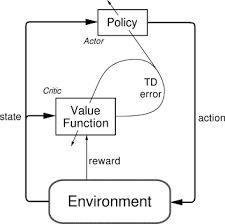
Attitude control of a nanosatellite system using reinforcement learning and neural networks
This paper introduces an innovative attitude control system for nanosatellites that leverages the power of reinforcement learning and neural networks. The designed controller aims to stabilize the satellite body along all three axes by efficiently estimating the required torque by utilizing the data from sun sensors, a magnetometer, a gyroscope, and an on-board GPS module. The controller employs neural networks, trained using reinforcement learning and temporal difference learning.
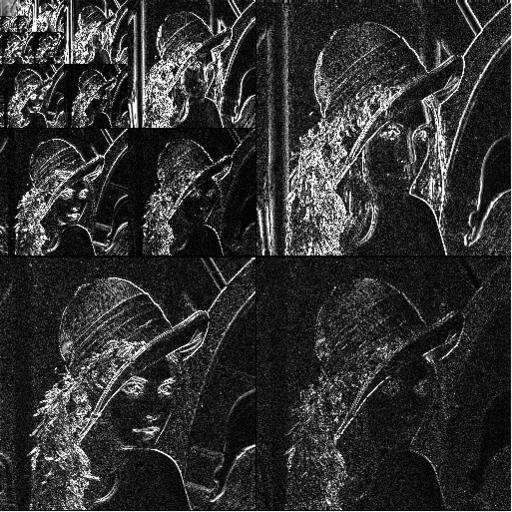
A proposed method for lossless image compression in nano-satellite systems
This paper presents a lossless image compression algorithm specifically designed for thermal grayscale images captured, stored, and transmitted by a Nano-satellite system. The algorithm aims to strike a balance between compression ratio and computational power consumption onboard the nanosatellite. The proposed method consists of multiple stages through which the image passes, each stage contributing to the overall compression efficiency. The paper discusses the achieved compression ratios at each stage and presents the hardware implementation necessary to achieve desired data transfer rates. Emphasizing ease of implementation and minimal onboard memory requirements, the algorithm optimizes the judicious utilization of hardware resources, critical for real-time image compression on Nano-satellite systems.
Skills
Programming Languages
- Java
- Python
- Scala
- Golang
- C/C++
Machine Learning Frameworks
- PyTorch
Tools
- Git
- Amazon Web Services
- Docker
Web Development
- HTML
- CSS
- JavaScript
- React